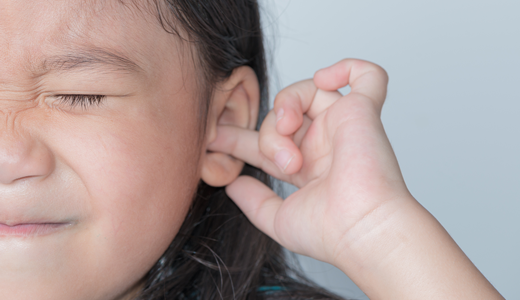My first job was as a high school teacher in inner-city Philadelphia. Fresh out of college, I was eager to teach and dying to make an impact. It was a wonderful time in my career that came with many amazing moments. But it came with some moments that were extraordinarily difficult, as well.
It was fall. Classes were just beginning and a group of my students often walked into school blaring rap and hip-hop.
I was shocked. Not at the genre of music (because I like some rap), but at what was being said. I’m not talking about profanity, which is its own basket of trouble; I’m talking about graphic and sexually degrading lyrics.
And they were really degrading.
I might hear, for example, Dr. Dre, revered by many as a “rap god.” But his lyrics in “Nuthin’ But A ‘G’ Thang” are far from godlike. Here’s a quick sample:
“And before me dig out a b–ch I have to find a contraceptive/You never know, she could be earning her man/And learning her man, and at the same time burning her man.”
Or what about 50 Cent’s “Candy Shop,” where genitals are equated to candy, and the lyrics get extraordinarily raunchy and suggestive. Where did I first hear this song? At a seventh-grade track meet.
Like I say, shocking. It’s not like I had never heard these things, but it was soon clear to me that my educational and life experiences were far different from my students in Philly.
These kids—amazing kids, kids who just needed someone to listen to them—would consume these rap and hip-hop songs as if they were candy themselves, and then they’d go around calling each other “hoes” and “b—-es” and a whole bunch of other names; they’d all say terrible things, right to each other’s faces.
And what I witnessed more than anything was that many of these young men and women had little understanding of, or regard for, what fidelity truly meant. Most came from broken homes. Most truly wanted to find truly loving relationships, but few had any sort of role models for what a real loving, committed relationship looked like. They’d listen to these men rap about how many women they’d use as sex toys, and then go to them for counsel!
It was hard for me to digest. I was in a loving relationship, fully committed to my fiancé, about to get married. But all these kids knew was that when you’re rich and famous you can have anything you want—even if it’s just meaningless, degrading sex.
Now, I’m far from perfect. I’ve listened to my fair share of rap.
But there’s a huge difference when Mario sings:
“You’re the type of woman deserves good things/…You should let me love you, let me be the one to give you everything you want and need.”
Versus what we hear on “U.O.E.N.O.” featuring Rick Ross and Future:
“Put Molly all in her champagne, she ain’t even know it/I took her home and I enjoyed that, she ain’t even know it.”
There is a difference in wanting to love someone truly and sincerely, versus drugging and raping a woman and bragging about it. And I find myself asking these artists, did you conjure up these lyrics from firsthand experience? Or are you just rapping about what you think people want to hear, and corrupting an entire generation while you’re at it?
I respect talented musicians and artists. But how far is too far? Because, whether they admit it or not, kids are listening. And they’re taking notes.
An entire generation of children are building their worldview around the way people and groups like Migos and G-Eazy, Dr. Dre and Rick Ross talk about women. It’s a view that suggests it’s OK for men to degrade and use women like nothing more than an object.
In the age of the #MeToo movement, this topic is extremely relevant. Women and girls are being sexually assaulted, abused and harassed on a regular basis, and for years or decades, the perpetrators have gotten away.
I can’t help but wonder if violent and degrading rap plays into this. I wonder why men like Harvey Weinstein get slammed, but rap artists get a pass.






Recent Comments